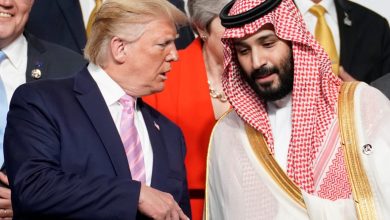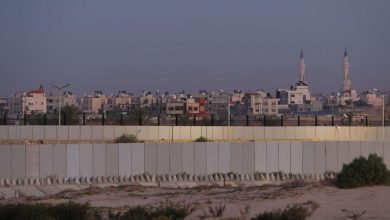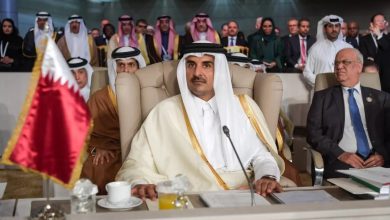Algerian Army Downs Turkish-Made Drone Near Border, Mali Claims Ownership
Algerian army intercepts Turkish-made drone near Mali border as diplomatic strains escalate over Bamako’s military approach to the Azawad crisis.
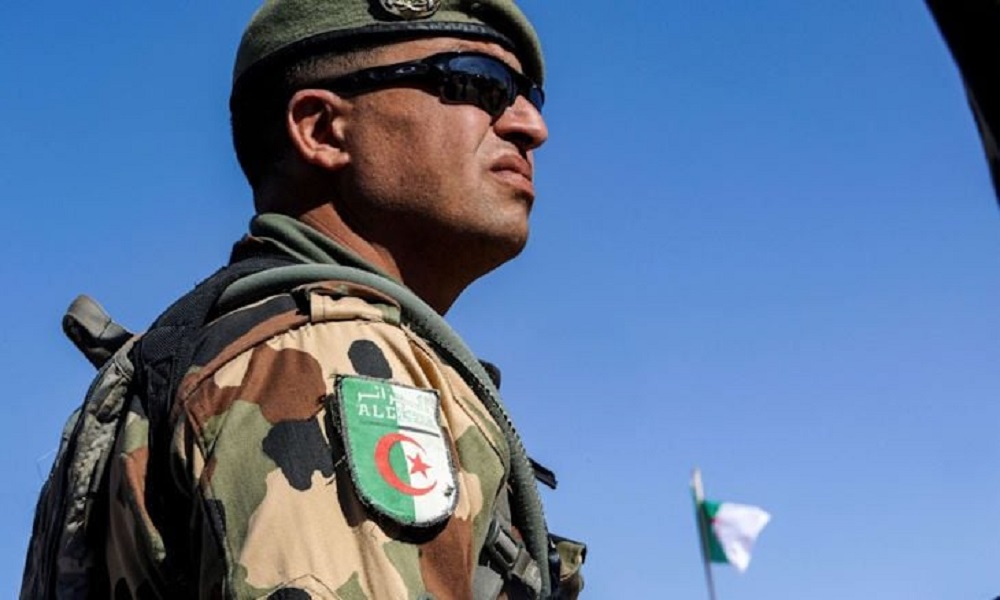
Watan-In a significant development, the Algerian army announced the downing of an armed reconnaissance drone near the city of Tin Zaouatine on the border with Mali—an account denied by the Malian military, which claimed the drone suffered a technical malfunction. Algerian-Malian relations have been tense for months, largely due to Bamako’s preference for a military solution to the Azawad issue.
According to a statement by the Algerian Ministry of Defense, a regional air defense unit in the army’s Sixth Military District successfully detected and shot down the armed drone on the night of April 1, 2025, after it had breached Algerian airspace by two kilometers. The statement added, “This precise operation once again demonstrates the high alertness and continuous readiness of the People’s National Army in defending our land, air, and maritime borders from any threat to national sovereignty.”
Images circulating on social media show that the drone was a Turkish-made Bayraktar Akinci, manufactured by Baykar. Mali had purchased at least two drones of this model last year and has used them in military operations against separatist rebels and fighters linked to terrorist organizations in the region. This marks the second time the Algerian army has announced action against an aircraft breaching its airspace in that region; it previously reported intercepting a drone last year.

Disputed Drone Downing Deepens Algeria–Mali Tensions
Notably, the Malian military refused to acknowledge the drone’s entry into Algerian airspace and left the circumstances of its downing unclear—even though the drone represents a vital component of Mali’s aerial fleet. In a statement issued Tuesday, April 1, the Malian Armed Forces said the drone had crashed near “Tinzaouaten” (a town with the same name exists on the Malian side) in the Kidal region.
The statement emphasized that the crash site was “uninhabited” and the drone had been conducting a “routine surveillance mission over Malian territory.” It also stated that onboard safety protocols “prevented any explosion of the drone’s weaponry.” The Malian forces added that an “investigation has been launched immediately” to determine the exact cause of the crash and promised to keep the public informed of the results. The military leadership also insisted that the incident would not affect “the determination and capability of the Malian armed forces to continue their mission of protecting Mali and its people.”
Pages affiliated with Azawad separatist groups—who seek autonomy or independence from Mali—were the first to report the drone’s downing. They posted images and claimed the drone was brought down by missiles belonging to their factions. However, it was later the Algerian army that officially confirmed its air defense forces had carried out the operation. These units are among the most elite in Algeria’s military, equipped with sophisticated radar systems enabling precise airspace surveillance.
The Malian army operates extensively with drones in the region, as they are nearly the only effective tool it has to continue attacks on armed groups. Ground victories have proven elusive, especially after Russian Wagner Group forces—who had supported Mali in joint operations—suffered heavy losses last year. Algeria’s diplomatic intervention has further pushed Russia to reduce its involvement in the conflict, as Algiers firmly rejects military solutions and continues to advocate for political dialogue between the Malian government and all factions.
In October of last year, French newspaper Le Monde reported that Malian forces and Wagner allies aborted a planned operation to recapture the town of Tinzaouaten near the Algerian border. That operation had been scheduled for early October as a response to a severe defeat suffered in July at the hands of rebels in the Azawad region.
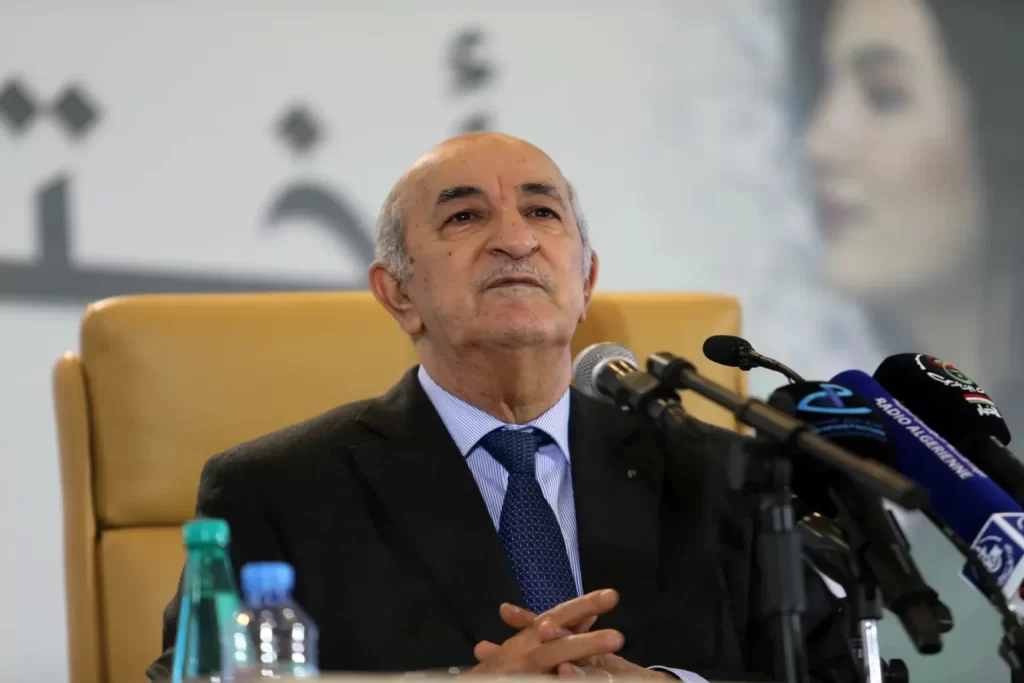
Algeria’s Diplomacy Counters Military Escalation in Mali
The abrupt withdrawal was due to several factors, including the heavy July losses—47 Malian soldiers and 84 Wagner fighters were reportedly killed—along with logistical challenges and poor weather conditions. More significantly, diplomatic intervention played a major role. According to Le Monde, the Algerian embassy in Moscow submitted a detailed file to Russia’s Ministry of Foreign Affairs containing satellite images and intelligence on planned military movements, warning against repeating the July failure. As a result of Algeria’s warnings, Russia was convinced to pull out of the operation, helping reduce tensions near the Algerian border. Algeria has consistently insisted on keeping all foreign military forces—whether French in the past or Wagner now—out of its strategic zone.
Tensions between Algeria and Mali have escalated due to the military-led government in Bamako increasingly relying on force to address the Azawad conflict. This region, inhabited by Arabs and Tuareg communities in northern Mali, has been seeking recognition of its cultural and ethnic identity for decades. In January, Mali’s military council unilaterally withdrew from the 2015 Algiers Peace Agreement, accusing Algeria of “hostile acts,” including alleged support for opposition factions. Algeria responded by summoning the Malian ambassador, Mahaman Amadou Maïga, and informing him—via Foreign Minister Ahmed Attaf—that all of Algeria’s historic contributions were aimed at promoting peace, stability, and unity in Mali.
In his latest remarks, Algerian President Abdelmadjid Tebboune stated that Malians “understood that Algeria is not just a neighbor, but a brotherly nation that has never sought to impose anything on them.” He added the same applies to Niger, while hinting at a “third party” spreading false information to cause division. On the Algiers Agreement, Tebboune affirmed that it remains up to the Malian people to decide whether to resume and implement it, stressing that the deal was never meant to interfere in Mali’s internal affairs.



